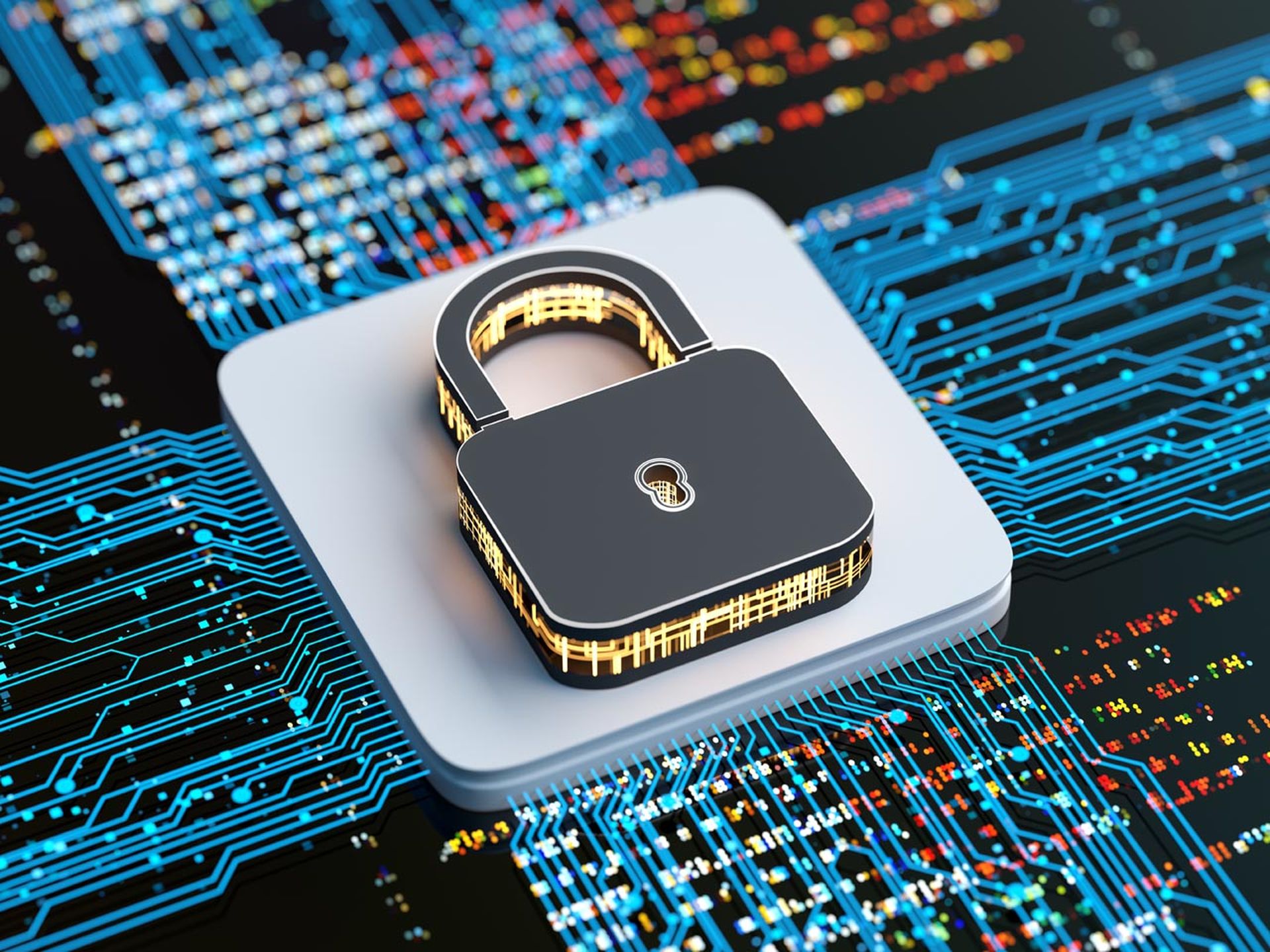New Guidance and Roadmap for Post-Quantum Cryptography Migration
New Post-Quantum Cryptography Migration Guidance
MITRE’s Post-Quantum Cryptography Coalition (PQCC) has released a new roadmap to assist organizations in transitioning to quantum-safe cryptography. This is particularly crucial as quantum computing advancements pose significant risks to current cybersecurity measures. The roadmap details a four-stage approach: preparation, baseline understanding, planning and execution, and monitoring and evaluation.

Image courtesy of SC Media
The PQCC emphasizes the importance of establishing migration goals, ensuring awareness of data inventory, and implementing post-quantum solutions. Organizations must also evaluate factors such as software and hardware updates, critical data volumes, and associated costs. “This roadmap empowers CIOs and CISOs to act decisively, taking proactive steps to protect sensitive data now and in the future,” stated MITRE Vice President Wen Masters. This guidance follows the National Institute of Standards and Technology's (NIST) PQC standards and federal quantum computing readiness guidance.
For more details: SecurityWeek and MITRE Outlines Roadmap for Post-Quantum Cryptography Migration.
Addressing Quantum Risks
As quantum computing evolves, the potential for attackers to exploit current cryptographic systems is a growing concern. Although large-scale quantum computers capable of decrypting existing encryption may not be imminent, the risk of data being harvested today for future decryption necessitates proactive measures. Organizations are encouraged to assess their current cryptographic landscape and identify high-risk assets.

Image courtesy of MSSP Alert
The PQCC roadmap advocates for flexibility, recognizing that each organization's migration path will differ based on factors such as data value, longevity, visibility of digital assets, and the feasibility of new cryptographic solutions. This tailored approach is vital for security leaders aiming to safeguard sensitive data against quantum threats.
For further insights: SecurityWeek, MITRE Outlines Roadmap for Post-Quantum Cryptography Migration, and NIST's Post-Quantum Cryptographic Algorithms.
Empowering Organizations in the Quantum Era
The shift towards post-quantum cryptography is part of a broader movement in cybersecurity, where the focus is transitioning from awareness to actionable strategies. Organizations must not only understand the implications of quantum threats but also take decisive steps to implement robust cryptographic measures.
Non-Human Identity Management Group (nhimg) positions itself as a leading independent authority in addressing the critical risks posed by Non-Human Identities (NHIs). Our expertise in Non-Human Identity and Workload Identity solutions empowers organizations to enhance their security posture in an increasingly complex digital landscape.
Explore our services or contact us at nhimg for tailored solutions that meet your organization's needs.

